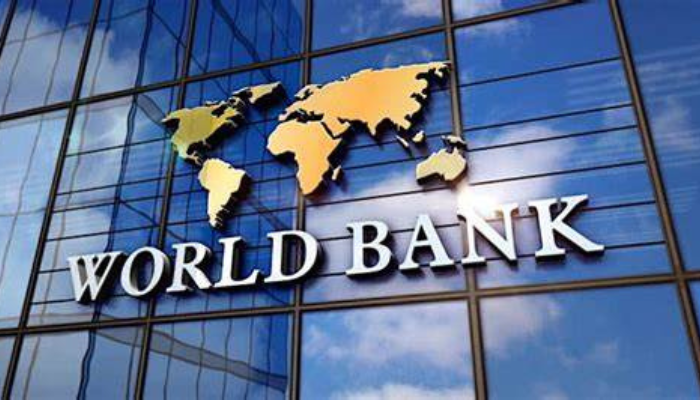...urge govt to lift ban on food imports
The World Bank Group has decried the prices of food in Nigeria, which it said has remained on high side despite early signs of inflation easing.
The Bank in its October edition of the Nigeria Development Update titled: ‘From policy to people: bringing the reform gains home’, despite recent progress in Nigeria’s economy, reform gains have not yet translated into broad-based improvement in living standards.
The report which indicated that the estimated number of Nigerians living in poverty in 2025 was 139 million, showed that high food prices hurts poor households whose food spending accounts for up to 70 percent of their total spending.
High and rising food prices according to the Bank is mainly driven by supply constraints imposed by foreign trade barriers and domestic structural problems.
It noted that essential products in the Nigerian diet are subject to import ban and extraordinary high tariffs, including rice, meat, wheat based products, tomato and sugar.
It emphasised that trade barriers have also led to undersupply, as with maize output, which repeatedly falls short of demand from poultry and maize processing industry.
“Import barriers also apply to key production inputs such as fertilisers and cement which raise production costs and discourage competitiveness.
“These import restrictions aim to support domestic production but for the most part, lead to substantial market power, low yields, insufficient food supply and ultimately higher and increasing prices.
“Internal structural constraints also restrict domestic supply. Poor access to transport, power, storage, and cold chain infrastructure limits farmers market size and increase costs,” it stated.
The Bank however stated that lowering food inflation relies on continued macroeconomic stabilization, increasing access to imported food and inputs, as well as improving institutional and physical infrastructure.
It stated that greater integration into global markets would reduce food prices and allow farmers to access better and cheaper inputs,helping them to make them more competitive.
Read also: Presidency rejects World Bank poverty claims
Another measure to addressing high food prices, according to the Bank is staying the course on macroeconomic reforms, which it said is crucial to sustaining aggregate disinflation, adding that “food prices are also influenced by naira liquidity, exchange rate flexibility and output gaps in other sectors of the economy.
“Soft infrastructure is also key to increasing production and shifting the sector from subsistence agriculture to more modern, commercial operations.”
Speaking during a panel session at the report’s launch in Abuja on Wednesday, Ebele Enunwa, managing director, Sunday markets Limited, said that currency devaluation, more than the bans on importation is a major driver of high food prices.
He also highlighted insecurity, which he said affects farmers, scares them of their land. Others factors driving food proces according to Enunwa include: extreme weather, flooding and drought that happens intermittently and affects supply of vegetables.
“Cost of transportation, which has been aggravated by the fuel subsidy removal, multiple taxation on the roads as well, legal and illegal taxation, by the way, the COVID followed by the Russia-Ukraine war also caused serious shortages in the supply of imported food, like grains.
“These are the obvious ones, some of the less obvious factors I will mention are the absence of a vibrant food processing industry. For some weird reason, we skip industries in Nigeria, we go from agriculture to manufacturing, the same way we ignore retail. Food processing industry has a very critical role, the primary purpose of which is preserving and extending the shelf life of agro products,” Enunwa said.

